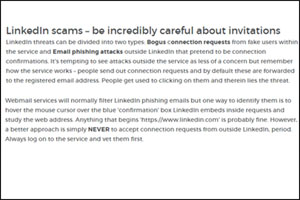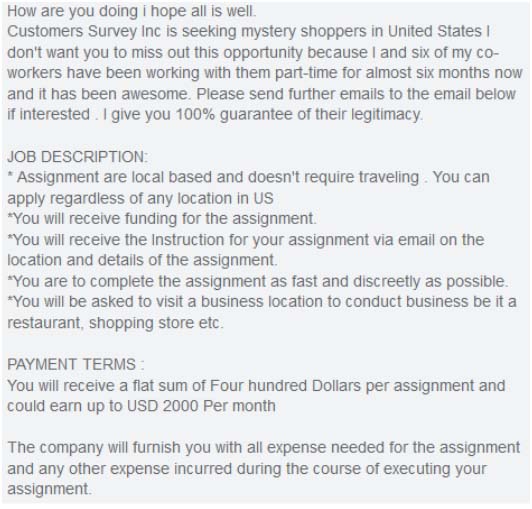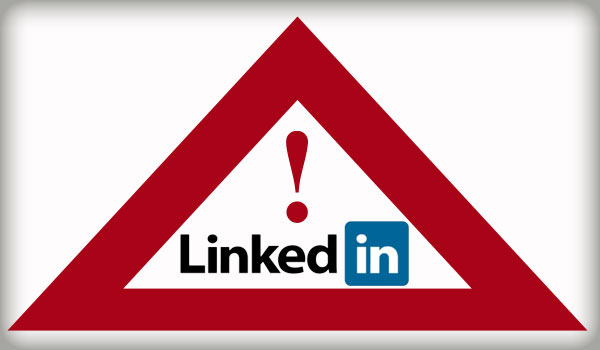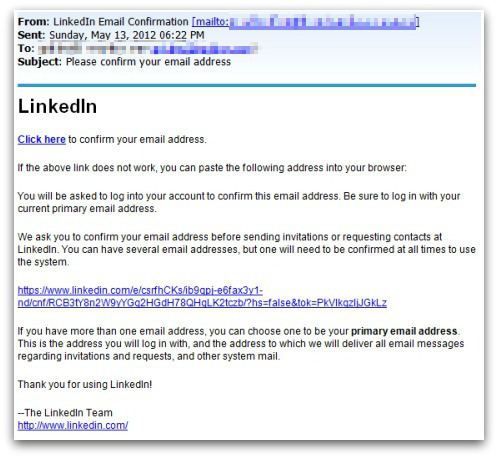Linkedin Scams
Scammers are broadening their horizons and haunting social media platforms with new strategies—beware!
LinkedIn, a business-oriented social networking service, is increasingly being misused by crooks to swindle money or steal identities. The dynamic nature of social media not only makes networking easier but also creates a risky path that connects users with new people who may be more foe than friend.
LinkedIn invite scams
Sometimes, there is a chance that people may become confirmed members of your group
Without your final approval, people may become confirmed members of your group, which can lead to invite scams. Standard LinkedIn groups allow members to invite their connections and approve requests to join. So, if you manage groups, ensure that you personally verify every single member. In many cases, scammers send fraudulent emails claiming they want to add you to their professional network on LinkedIn. When you click the "Confirm" button, it redirects you to a malicious website that installs malware on your computer. Beware of fake profiles and email-based warning scams.

Romance scam in LinkedIn
LinkedIn is a networking tool designed to connect the world’s professionals and help them become more productive and successful. However, that doesn’t stop scam artists from using the platform with a romantic angle to lure in vulnerable users.
Below is a screenshot of a LinkedIn user receiving a fake romantic message in her inbox. The message read as follows:

One should always stay aware of everything happening around them to avoid hassles that could steal not only their money but also their happiness and peace of mind.
Inheritance scheme
This is yet another old trick, but in a more sophisticated form. It offers the false promise of an inheritance to lure you into parting with your wealth or sharing your bank or credit card details. The con artist, pretending to be a lawyer, banker, or some other foreign official, claims that you’ve inherited millions of dollars from a deceased relative who left no other beneficiaries. They insist that you are legally entitled to claim the inheritance. They will go to great lengths to convince you that a fortune awaits—if only you follow their instructions, which require you to share sensitive personal information. By complying, you not only risk losing money but also expose yourself to identity theft.
Fake Job offers
Claiming to be job recruiters, not all job offers you receive through LinkedIn are genuine. Scammers often outline the details of a high-paying job that can be performed remotely, making it sound highly appealing. They commonly insist that the offer is 100% legitimate to reduce the user’s skepticism. However, when payday arrives, they vanish—and no paycheck is ever received.So, the next time you receive a job offer through LinkedIn, it is imperative that you exercise caution. For real, paying work opportunities, rely on reputable job portals.

Red flags
-
Messages that ask for personal details and urge you to act immediately. Poor spelling, bad grammar, or messages that are not addressed to you personally. Messages asking you to open an attachment to install software. Tighten your security settings, and if you suspect you’ve received a spam message, avoid malware infection by not clicking on any links. Instead, go directly to linkedin.com using your browser’s address bar and check your contact and message details there. If you’ve been a victim of a LinkedIn scam, it is imperative to report it to your local law enforcement authorities.
LinkedIn "Confirm Email Address" Scam
The email is not from LinkedIn—it is a phishing scam planned by online scammers to trick LinkedIn users into revealing their account login credentials.
Example (LinkedIn Scammer's Email):









